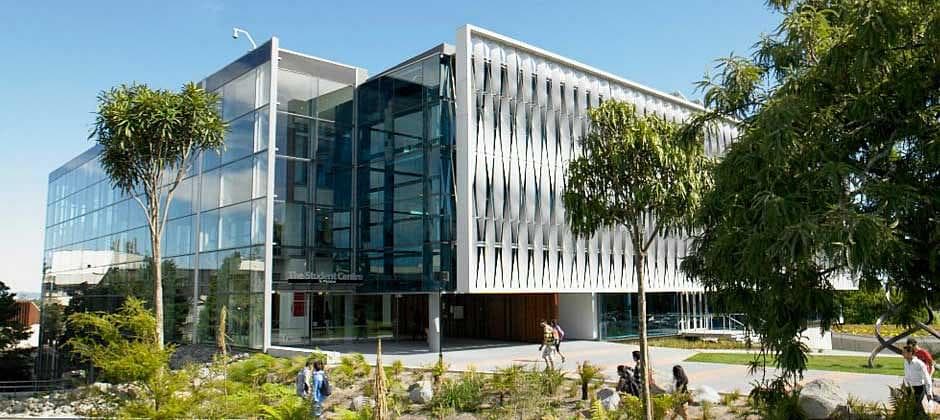Through our programme, you will learn how to manipulate driving-forces inherent with pressure, temperature and concentration differences, combined with the laws of thermodynamics, to create innovative and sustainable process design solutions. Our holistic focus on the molecular through to the macro scale equips you with highly transferable skills to work across many industries from banking to boardrooms, not just in processing factories and engineering consultancies.
The programme includes electives in the third and fourth years, giving you an opportunity to choose up to two areas of further specialisation. These areas cover the critical sustainability topics of:
-
renewable and sustainable energy engineering,
-
bioprocessing and food engineering,
-
water management and waste minimisation engineering, and
-
materials engineering.
Programme Elective Papers
Year 1
Choose 15 points from the following:
Year 2
Choose 15 points from the following:
-
BIOMO203 Microbiology
-
ENGMP211 Materials 1
Year 3
Choose 15 points from the following:
-
CHEMY201 Organic Chemistry
-
CHEMY202 Physical Chemistry
-
BIOMO303 Advanced Microbiology
-
CHEMY303 Advanced Inorganic Chemistry
-
CHEMY304 Advanced Analytical Chemistry
-
ENGCB523 Advanced Energy Engineering
-
ENGEN390 Special Topics in Engineering 1
-
ENGEV341 Environmental Engineering 2
Year 4
Choose 30 points from the following (with no more than one 300 level paper):
-
BIOMO303 Advanced Microbiology
-
CHEMY303 Advanced Inorganic Chemistry
-
CHEMY304 Advanced Analytical Chemistry
-
ENGCV323 Water Engineering 2
-
ENGEN391 Special Topics in Engineering 2
-
ENGEV341 Environmental Engineering 2
-
ENGCB523 Advanced Energy Engineering
-
ENGCB527 Advanced Biological Engineering
-
ENGEV541 Advanced Water and Wastewater Engineering
-
ENGEV542 Waste Minimisation Engineering
-
ENGME580 Product Innovation and Development

